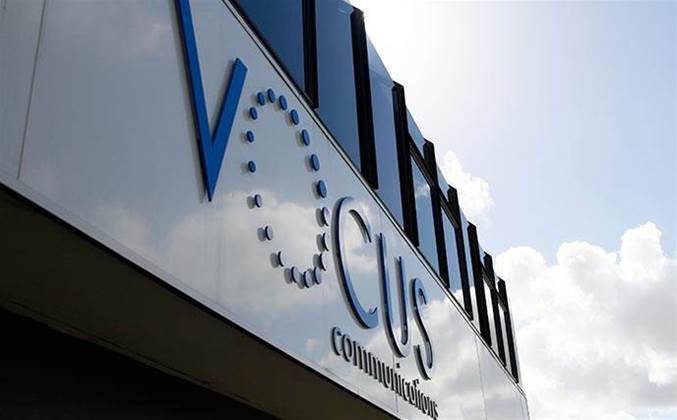Vocus is hoping to establish itself and Australia as a viable alternate route to haul internet traffic between the United States and Asia.

The company laid out its plans at an investor day today, detailing an expanded business case for the Australia-Singapore Cable (ASC) project that it bought from Nextgen Networks last year.
To date, the success of that project has been predicated on providing an alternative to the congested and ageing SEA-ME-WE3 cable that already runs from Perth to Singapore, along with spurs off to Australia’s north-west to secure traffic from resources projects in that region.
But the company today presented a vision where it will use ASC, terrestrial east-west links across Australia, and its capacity on Southern Cross in order to become a player in the transit market between Asia and the US.
Commercial director John Allerton said there were several advantages in running US transit traffic through Australia, rather than via traditional North Asian hubs like Japan and Guam.
“There are significant geological challenges … what we refer to as the northern route between SE Asia and US west coast … where other cable systems run,” Allerton said.
“That’s obviously earthquakes, tsunamis and all those ugly things that tend to happen in that region. But in addition is obviously geopolitical challenges - [many cables] go through the South China Sea, as an example.
“We believe there’s real opportunity for us to attract IP transit traffic from South East Asia and potentially further north, obviously dependent on the latency requirements of particular traffic types.
“We talk internally about [establishing] the great southern route.”
In financial filings, Vocus claimed that a “Singapore-Perth-Sydney-LA” route “only has a +60ms latency premium over alternate systems such as Pacific Crossing (PC1), which are now full”.
It said there was an opportunity to establish Australia as a “transit hub” and alternative diverse route for US transit.
“We think the existence of two routes provides the ASC the opportunity to offer a diverse service and therefore not only diverse service across that route, but then it becomes a legitimate alternative to other IP transit options,” Allerton said.
Vocus also said it would also “compete with AJC [Australia-Japan Cable] and PPC-1 [TPG/Pipe]” for transit capacity from Australia into SE Asian destinations.
It said while the Perth-Singapore route had traditionally been constrained, ASC would make it attractive compared to what it called “less efficient routes” to SE Asia, either via Japan or Guam.


.png&h=140&w=231&c=1&s=0)

_(23).jpg&h=140&w=231&c=1&s=0)
_(28).jpg&h=140&w=231&c=1&s=0)





 iTnews Executive Retreat - Security Leaders Edition
iTnews Executive Retreat - Security Leaders Edition
 iTnews Benchmark Awards 2026
iTnews Benchmark Awards 2026
 iTnews Cloud Covered Breakfast Summit
iTnews Cloud Covered Breakfast Summit
 The 2026 iAwards
The 2026 iAwards












_(1).jpg&h=140&w=231&c=1&s=0)



